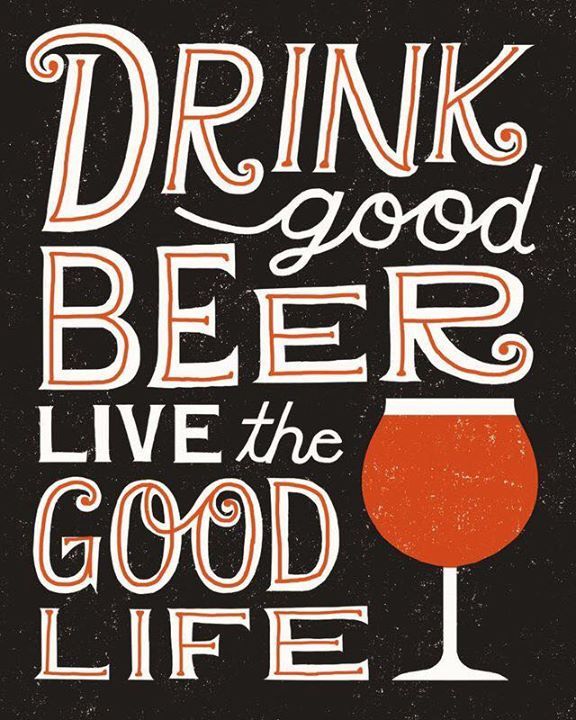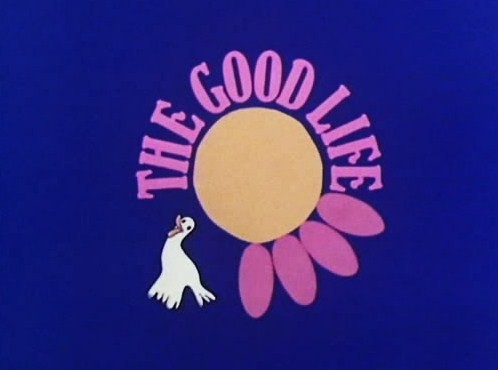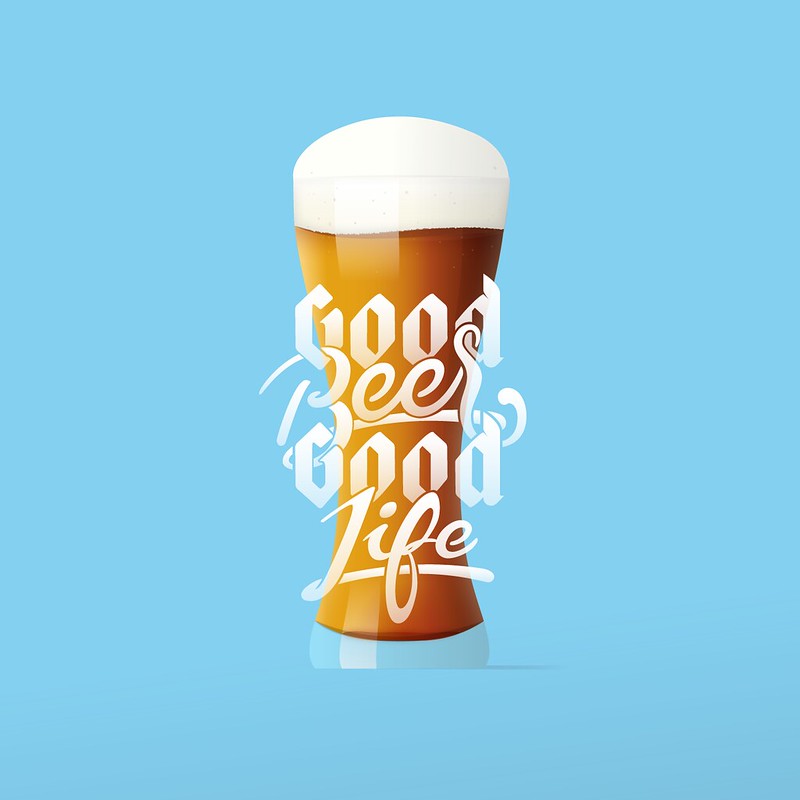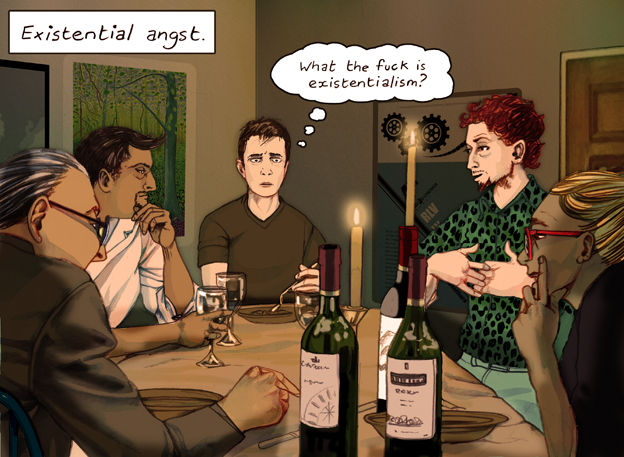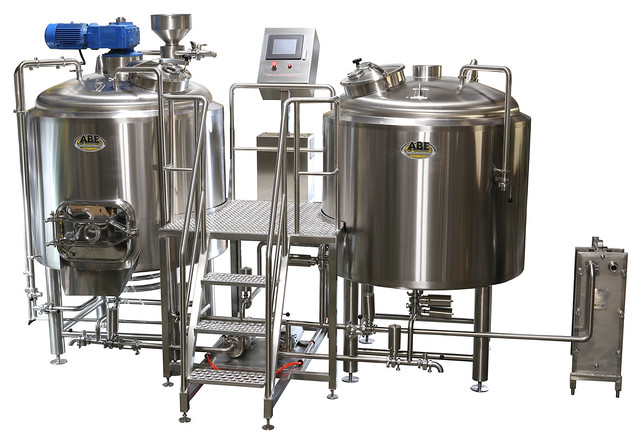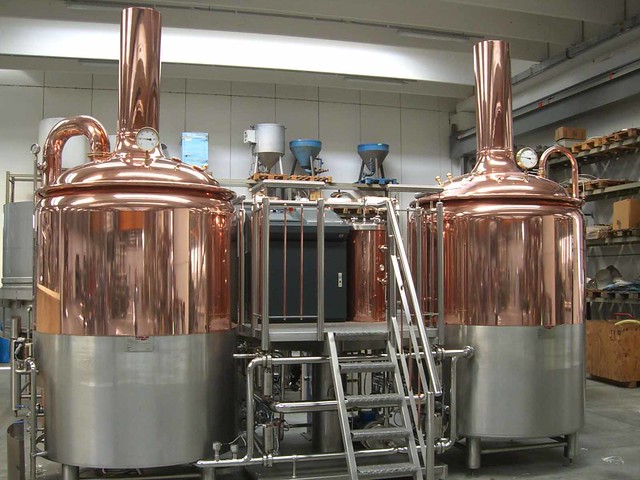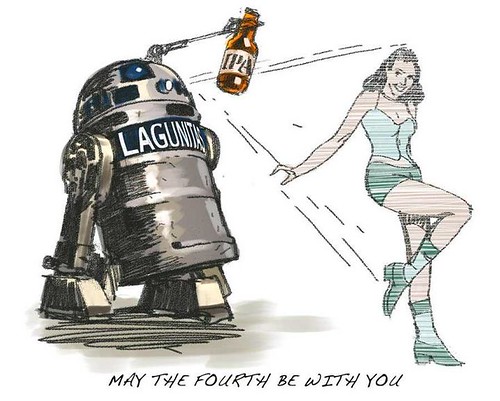
Today is the birthday of Guy Debord. If you’ve never heard of Guy Debord, don’t worry, you’re by no means in the minority. Lots of people haven’t; undoubtedly most people have not. So who was he? Guy Debord (December 28, 1931–November 30, 1994) “was a French Marxist theorist, philosopher, filmmaker, member of the Letterist International, founder of a Letterist faction, and founding member of the Situationist International (SI).” In 1967, he wrote a book called The Society of the Spectacle (although it wasn’t translated until 1970). At some point when I was reading a lot of political works, maybe twenty years ago, I picked up a copy and really enjoyed it. It was a very prescient look at where society was heading, and was quite interesting.
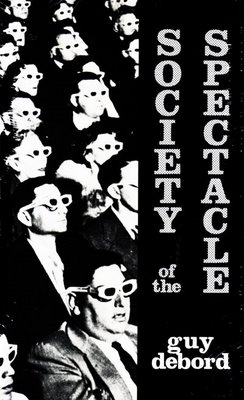
Anyway, later in his life, he wrote what amounted to a two-volume autobiography called “Panegyric,” in 1989, which was translated into English finally in 2004. Apart from having read his one book, I don’t know very much about Debord’s life, his overall philosophy or anything, really. But having just read this chapter, he must have been amazing. This is his take on the writing life, or more correctly the drinking life of a writer.
After the circumstances I have just recalled, it is undoubtedly the rapidly acquired habit of drinking that has most marked my entire life. Wines, spirits, and beers: the moments when some of them became essential and the moments when they returned have marked out the main course and the meander of days, weeks, years. Two or three other passions, of which I will speak, have been more or less continuously important in my life. But drinking has been the most constant and the most present. Among the small number of things that I have liked and known how to do well, what I have assuredly known how to do best is drink. Although I have read a lot, I have drunk even more. I have written much less than most people who write, but I have drunk much more than most people who drink. I can count myself among those of whom Baltasar Gracián, thinking about an elite discernible only among the Germans — but here he was quite unjust to the detriment of the French, as I think I have shown — could say, ‘There are those who got drunk only once, but that once lasted them a lifetime.’
Furthermore, I am a little surprised, I who have had to read so often the most extravagant calumnies or quite unjust criticisms of myself, to see that in fact thirty or more years have passed without some malcontent ever instancing my drunkenness as at least an implicit argument against my scandalous ideas — with the one, belated exception of a piece by some young English drug addicts who revealed around 1980 that I was stupefied by drink and thus no longer harmful. I never for a moment dreamed of concealing this perhaps questionable side of my personality, and it was clearly evident for all those who met me more than once or twice. I can even note that on each occasion it sufficed but a few days for me to be highly esteemed, in Venice as in Cadiz, in Hamburg as in Lisbon, by the people I met only by frequenting certain cafés.
At first, like everyone, I appreciated the effect of mild drunkenness; then very soon I grew to like what lies beyond violent drunkenness, once that stage is past: a terrible and magnificent peace, the true taste of the passage of time. Although in the first decades I may have allowed only slight indications to appear once or twice a week, I was, in fact, continuously drunk for periods of several months; and the rest of the time, I still drank a lot.
An air of disorder in the great variety of emptied bottles remains susceptible, all the same, to an a posteriori classification. First, I can distinguish between the drinks I consumed in their countries of origin and those I consumed in Paris; but almost every variety of drink was to be had in mid-century Paris. Everywhere, the premises can be subdivided between what I drank at home, or at friends’, or in cafés, cellars, bars, restaurants, or in the streets, notably on café terraces.
The hours and their shifting conditions almost always retain a decisive role in the necessary renewal of the stages of a binge, and each brings its reasonable preference to bear on the available possibilities. There is what one drinks in the mornings, and for quite a long while that was the time for beer. In Cannery Row a character who one can tell is a connoisseur proclaims, ‘There’s nothing like that first taste of beer.’ But often upon waking I have needed Russian vodka. There is what is drunk with meals; and in the afternoons that stretch out between them. At night, there is wine, along with spirits; later on, beer is welcome, for beer makes you thirsty. There is what one drinks at the end of the night, at the moment when the day begins anew. One can imagine that all this has left me very little time for writing, and that is exactly as it should be: writing should remain a rare thing, since one must have drunk for a long time before finding excellence.
I have wandered extensively in several great European cities, and I appreciated everything that deserved appreciation. The catalogue on this subject could be vast. There were the beers of England, where mild and bitter were mixed in pints; the big schooners of Munich; the Irish beers; and the most classical, the Czech beer of Pilsen; and the admirable baroque character of the Gueuze around Brussels, when it had its distinctive flavor in each local brewery and did not travel well. There were the fruit brandies of Alsace; the rum of Jamaica; the punches, the aquavit of Aalborg, and the grappa of Turin, cognac, cocktails; the incomparable mescal of Mexico. There were all the wines of France, the loveliest coming from Burgundy; there were the wines of Italy, especially the Barolos of the Langhe and the Chiantis of Tuscany; there were the wines of Spain, the Riojas of Old Castille or the Jumilla of Murica.
I would have had very few illnesses if drink had not in the end caused me some, from insomnia to gout to vertigo. ‘Beautiful as the tremor of the hands in alcoholism,’ said Lautreamont. There are mornings that are stirring but difficult.
‘It is better to hide one’s folly, but that is difficult in debauchery or drunkenness,’ Heraclitus thought. And yet Machiavelli would write to Francesco Vettori: ‘Anyone reading our letters … would sometimes think that we are serious people entirely devoted to great things, that our hearts cannot conceive any thought which is not honourable and grand. But then, as these same people turned the page, we would seem thoughtless, inconstant, lascivious, entirely devoted to vanities. And even if someone judges this way of life shameful, I find it praiseworthy, for we imitate nature, which is changeable.’ Vauvenargues formulated a rule too often forgotten: ‘In order to decide that an author contradicts himself, it must be impossible to conciliate him.’
Moreover, some of my reasons for drinking are respectable. Like Li Po, I can indeed exhibit this noble satisfaction. ‘For thirty years, I’ve hidden my fame in taverns.’
The majority of the wines, almost all the spirits, and every one of the beers whose memory I have evoked here today completely lost their tastes, first on the world market and then locally, with the progress of industry as well as the disappearance of economic re-education of the social classes that had long remained independent of large industrial production; and thus also through the interplay of the various government regulations that not prohibit virtually anything that is not industrially produced. The bottles, so that they can still be sold, have faithfully retained their labels; this attention to detail gives the assurance that one can photograph them as they used to be — but not drink them.
Neither I nor the people who drank with me have at any moment felt embarrassed by our excesses. ‘At the banquet of life’ — good guests there, at least — we took a seat without thinking even for an instant that what we were drinking with such prodigality would not subsequently be replenished for those who would come after us. In drinking memory, no one had ever imagined that he would see drink pass away before the drinker.


